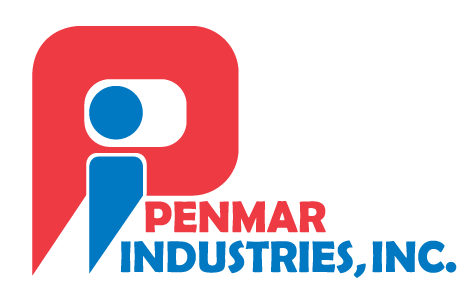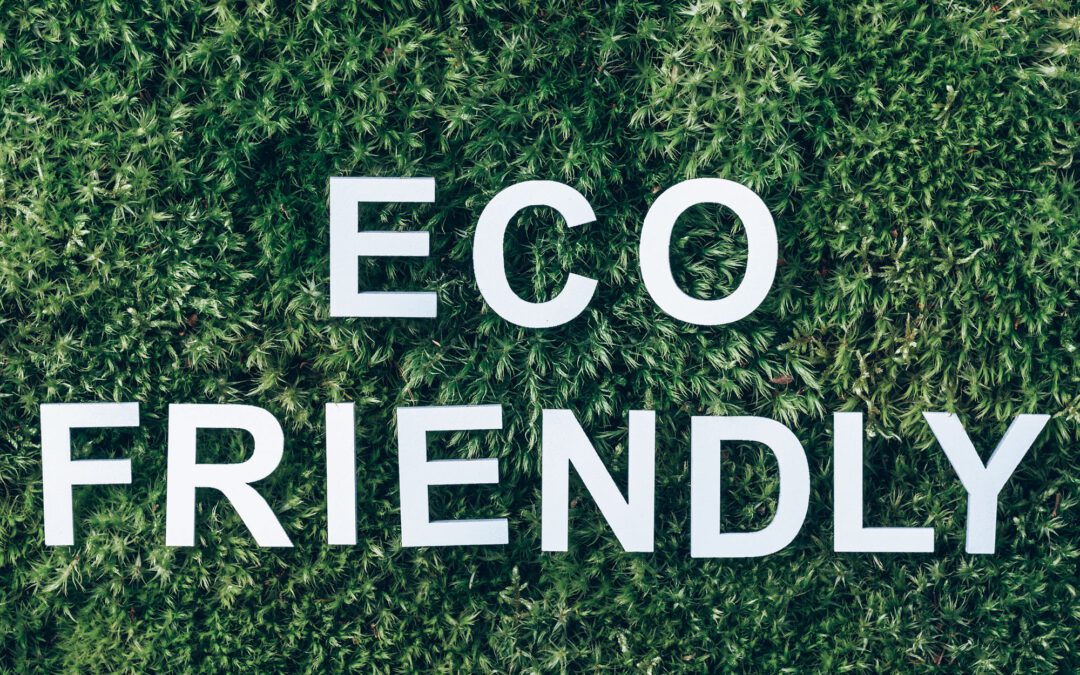Eco-friendly labeling solutions from label manufacturers focus on minimizing environmental impact throughout the lifecycle of labels, from production to disposal.
Below are standard features and considerations associated with eco-friendly labeling solutions:
Sustainable Materials
- Recycled Content: Labels made from recycled paper or other recycled materials help reduce the demand for new resources.
- FSC-Certified Paper: Labels produced using paper certified by the Forest Stewardship Council (FSC) ensure responsible and sustainable sourcing.
Adhesives and Inks
- Water-Based Inks: Water-based and free from volatile organic compounds (VOCs) are considered more environmentally friendly.
- Soy-Based Inks: Derived from soybeans, these inks have lower environmental impacts than traditional petroleum-based inks.
- Low-VOC Adhesives: Adhesives with low VOC content contribute to healthier indoor air quality.
Biodegradable and Compostable Options
- Compostable Labels: Labels designed to break down in composting conditions, reducing landfill waste.
- Biodegradable Materials: Labels made from materials that can naturally decompose over time.
Reduced Packaging Waste:
- Linerless Labels: Eliminating the liner (backing material) from labels reduces waste generated during the label application process.
- Minimized Packaging: Eco-friendly label manufacturers may use minimal or sustainable packaging materials.
Energy-Efficient Production:
- Renewable Energy: Label manufacturers may invest in renewable energy sources to power their production facilities, reducing the carbon footprint.
- Energy-Efficient Equipment: Using modern, energy-efficient machinery helps minimize energy consumption.
Water Conservation:
- Water-Saving Practices: Implementing water-saving measures in the manufacturing process to reduce water consumption.
Recyclability:
- Recyclable Labels: Labels designed to be easily recycled, encouraging consumers to participate in recycling programs.
Certifications:
- Eco-friendly Certifications: Labels may carry certifications from recognized eco-labeling organizations, indicating compliance with specific environmental standards.
Customization and Digital Printing:
- On-Demand Printing: Digital printing allows on-demand label production, reducing excess inventory and waste.
- Variable Data Printing: Digital printing enables the inclusion of variable data, reducing the need for multiple label versions and minimizing waste.
Life Cycle Assessment:
- Environmental Impact Assessment: Some manufacturers conduct life cycle assessments to evaluate the overall environmental impact of their labeling solutions.
Waste Reduction Programs:
- Waste Management Initiatives: Implementing programs to reduce waste in manufacturing and recycling or reusing waste materials.
Education and Awareness:
- Customer Education: Providing customers with information and resources about the labels’ eco-friendly features, encouraging environmentally conscious choices.
When choosing eco-friendly labeling solutions, businesses should consider their specific sustainability goals, the environmental impact of the selected materials, and the overall commitment of the label manufacturer to sustainable practices. Certifications and transparency in the manufacturing process are essential factors to look for in a reliable, eco-friendly label supplier.


